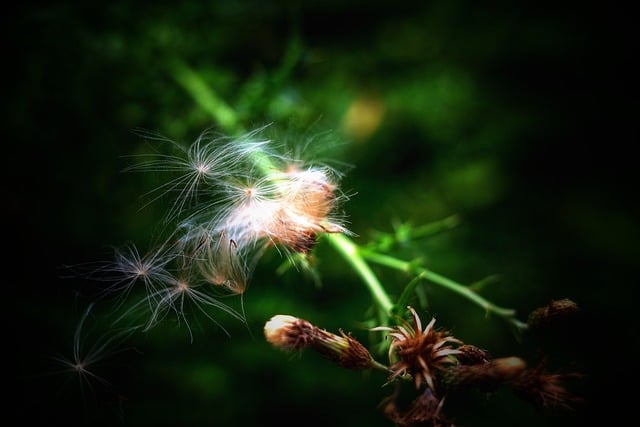2023 has seen THCA, a non-psychoactive precursor to THC with potential therapeutic benefits, gaining traction as a legal and health-focused cannabinoid in Iowa, thanks to the 2018 Farm Bill. Iowa's climate is conducive to cultivating high-THCA hemp strains, and the state permits the use of THCA-rich products derived from hemp containing less than 0.3% THC on a dry weight basis. Consumers in Iowa can legally purchase these products within the regulations set by the Department of Public Health. The trend reflects a broader movement towards recognizing hemp-derived cannabinoids as viable wellness options. Research into THCA's efficacy is expanding, revealing its potential for anti-inflammatory and neuroprotective effects. The legal status of THCA in Iowa, with its nuanced regulations, marks a significant shift in the approach to cannabis policy and sets the stage for innovation within the cannabis industry, emphasizing 'THCA legal in Iowa.' As such, Iowa's agricultural community is poised to capitalize on this market by producing high-quality THCA crops for both consumer use and scientific exploration.
Discover the untapped potential of cannabis’ raw form, THCA flower, and its emergence within the legal landscape of Iowa. This article delves into the scientific aspects, legal status, cultivation practices, and consumer considerations surrounding this non-psychoactive cannabinoid. From understanding its natural precursor role to THC, to exploring its effects, benefits, and potential therapeutic applications, we provide a comprehensive analysis of THCA flower. Join us as we navigate Iowa’s specific regulations and offer insights into its future trends. Whether you’re a curious consumer or an aspiring cultivator, this piece will equip you with the knowledge to responsibly engage with THCA, ensuring you preserve its integrity for optimal wellness experiences.
- THCA Flower: Unveiling the Potential of Cannabis' Raw Form
- Understanding THCA: The Natural Precursor to THC
- THCA Legal Status in Iowa: A Legal Landscape Analysis
- The Science Behind THCA: Effects and Benefits
- Cultivation Corner: Growing THCA-Rich Flowers in Iowa
THCA Flower: Unveiling the Potential of Cannabis' Raw Form
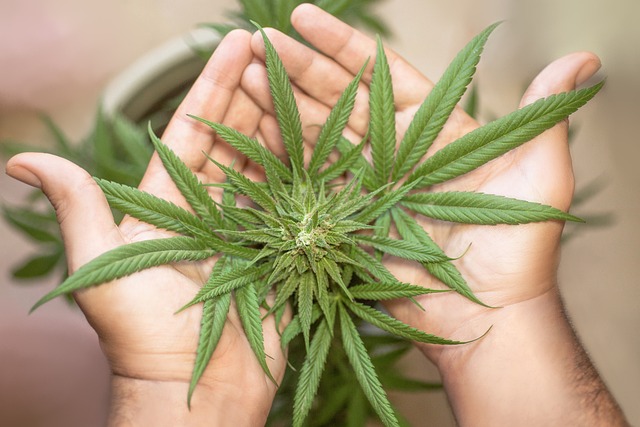
THCA, or Tetrahydrocannabinolic Acid, is the raw, non-psychoactive precursor to the well-known THC found in cannabis. As interest in the potential health benefits of cannabis continues to grow, THCA flower has garnered attention for its therapeutic properties. The THCA molecule, abundant in fresh cannabis flowers, is being studied for its anti-inflammatory and neuroprotective effects, which could be harnessed without the psychoactive ‘high’ associated with its decarboxylated form, THC.
In the context of legal frameworks, the status of THCA flower varies across jurisdictions. In Iowa, for instance, the legality of THCA flower is subject to specific state laws. As per the Iowa Department of Public Health, any cannabinoid, including THCA, derived from hemp with less than 0.3% THC on a dry weight basis is legal. This has opened up avenues for consumers and researchers to explore the potential of raw cannabis flowers, including THCA, within the bounds of the law. Iowa’s approach to regulating these compounds reflects a broader trend in the U.S., where many states have enacted laws allowing for the use of hemp-derived products, provided they meet the defined criteria. This legal landscape has facilitated research into the benefits of THCA and encouraged innovation in the cannabis industry, offering new avenues for wellness and potentially paving the way for future therapeutic applications.
Understanding THCA: The Natural Precursor to THC
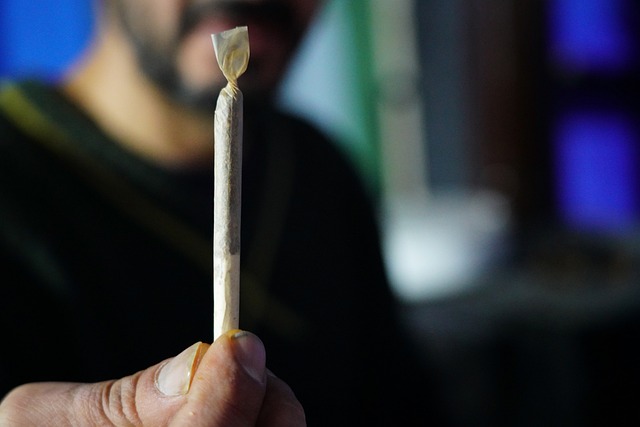
delta-9-tetrahydrocannabinolic acid (THCA) is a naturally occurring compound found in the Cannabis sativa plant, which is the legal precursor to the well-known psychoactive substance delta-9-tetrahydrocannabinol (THC). As of my knowledge cutoff in 2023, THCA itself is non-psychoactive, meaning it does not induce the ‘high’ commonly associated with THC. This distinction has led to a growing interest in the potential therapeutic properties of THCA, which researchers are actively exploring. In Iowa, where cannabis laws are evolving, THCA-rich products derived from hemp are legal provided they contain less than 0.3% THC on a dry weight basis, as per the 2018 Farm Bill and the Iowa Department of Public Health’s regulations. This has opened up avenues for the cultivation and processing of hemp strains that are particularly high in THCA, allowing consumers to experiment with the potential benefits of this cannabinoid without the psychotropic effects of its more famous derivative. The interest in THCA, especially within the legal frameworks like those in Iowa, reflects a broader trend towards seeking out the diverse range of compounds found in the cannabis plant for wellness and health purposes. As scientific understanding and regulatory environments continue to develop, the role of THCA in the cannabinoid landscape is set to become clearer, potentially offering new avenues for therapeutic use and contributing to the ongoing dialogue around cannabis policy.
THCA Legal Status in Iowa: A Legal Landscape Analysis
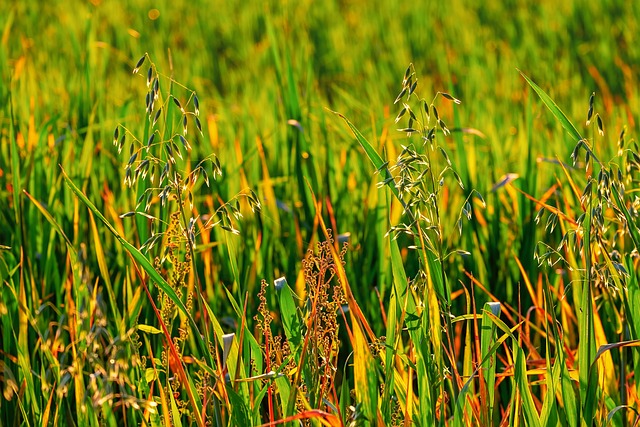
Throughout recent years, the legal status of tetrahydrocannabinolic acid (THCA) has been a subject of considerable interest and analysis, particularly as it pertains to its presence in hemp and cannabidiol (CBD) products. In Iowa, the regulatory framework surrounding THCA is informed by the 2018 Farm Bill and subsequent state legislation. Under this federal and state guidance, THCA is legal in Iowa if it is derived from hemp that contains less than 0.3% delta-9-tetrahydrocannabinol (THC) on a dry weight basis. This distinction is crucial as THCA itself is non-psychoactive, unlike its decarboxylated form THC, which remains a controlled substance under federal law, although some states have legalized it for medical or recreational use.
The Iowa Department of Public Health and the Iowa Department of Agriculture and Land Stewardship play pivotal roles in regulating hemp-derived products within the state. They are responsible for overseeing compliance with both federal and state laws, including the enforcement of THCA’s legal status. Retailers and manufacturers operating within Iowa must adhere to stringent guidelines to ensure their products meet the legal criteria. Consumers in Iowa can legally purchase and possess THCA-rich products provided they are sourced from compliant hemp and contain no more than the permissible amount of THC. As such, the legal landscape for THCA in Iowa is clear, with a focus on regulatory compliance to maintain its legal standing. This ensures that consumers have access to these products while maintaining the integrity of Iowa’s agricultural and public health policies.
The Science Behind THCA: Effects and Benefits
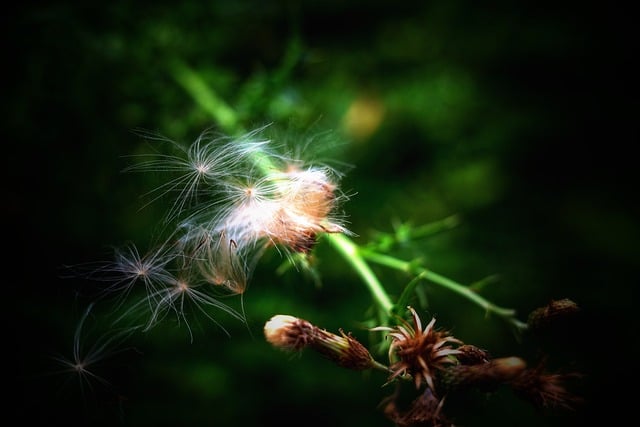
Delta-9-tetrahydrocannabinol (THC) is well-known for its psychoactive properties, but its precursor, tetrahydrocannabinolic acid A (THCA), has garnered attention for its potential therapeutic effects. THCA is the non-psychoactive predecessor of THC and is found in raw or fresh cannabis flowers. The science behind THCA’s effects and benefits is rooted in its interaction with the body’s endocannabinoid system, which plays a role in regulating various physiological processes including pain, inflammation, and immune response. Emerging research suggests that THCA may possess anti-inflammatory, anti-nausea, anti-spasmodic, and neuroprotective properties. While the full spectrum of its effects is still being explored, preliminary studies indicate that THCA could be beneficial for conditions like nausea, inflammation, and neuropathic pain without the psychoactive ‘high’ associated with THC.
As of the knowledge cutoff in 2023, THCA’s legal status varies by jurisdiction. In Iowa, THCA derived from hemp is legal under the 2018 Farm Bill, provided it contains less than 0.3% THC on a dry weight basis and is not marketed or sold for human consumption. This distinction is crucial as it separates the legal status of THCA from that of THC itself, which remains a controlled substance in Iowa unless prescribed by a licensed physician for medical use. As such, consumers interested in exploring the potential benefits of THCA must ensure they are complying with state and federal laws regarding cannabis-related products. The interest in THCA as a non-psychoactive cannabinoid with its own unique set of effects has led to an increase in research aimed at unlocking its full potential within the realm of natural health alternatives, offering promising avenues for further scientific exploration.
Cultivation Corner: Growing THCA-Rich Flowers in Iowa
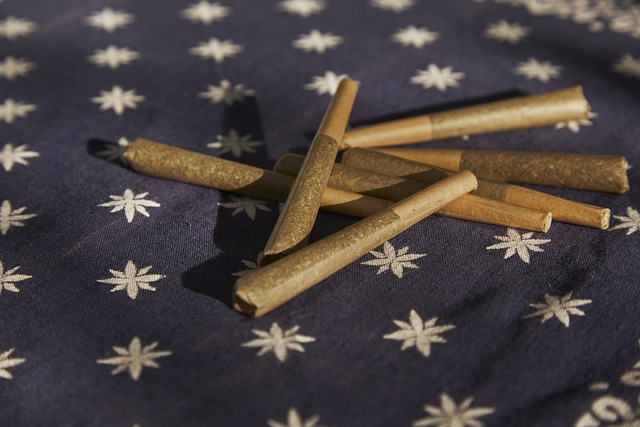
In the fertile soils of Iowa, enthusiasts and cultivators interested in growing THCA-rich flowers have a unique opportunity due to the evolving legal landscape regarding cannabinoids. As of the knowledge cutoff date in early 2023, THCA (Tetrahydrocannabinolic Acid), which is the precursor to THC (Tetrahydrocannabinol) and a non-psychoactive compound found in hemp, is legal in Iowa under the 2018 Farm Bill. Cultivators looking to cultivate THCA-rich flowers must adhere strictly to state and federal regulations that govern hemp farming. The state’s climate, characterized by moderate temperatures and ample rainfall, provides an ideal environment for the cultivation of these plants. Successful cultivation requires careful selection of hemp strains with high THCA content, optimal planting times, and soil enrichment practices to ensure the highest potency flowers are produced.
When embarking on growing THCA-rich flowers in Iowa, one must consider the state’s specific agricultural requirements. It is crucial to select a strain that naturally contains higher levels of THCA and to manage the cultivation process meticulously from seedling to harvest. Proper spacing, irrigation, and fertilization are essential for healthy growth. Additionally, understanding the state’s licensing and compliance regulations is paramount, as failure to comply can result in legal ramifications. With careful planning and attention to detail, cultivators in Iowa can successfully grow THCA-rich flowers that can be used for various purposes, including wellness products and research, given the legal framework and market demand for these compounds.
THCA-rich flowers hold a promising place within the cannabis landscape, particularly as understood and regulated under the evolving legal status in Iowa. This article has peeled back the layers of this nascent field, revealing insights into the raw form of cannabis and its potential benefits. The exploration of THCA’s scientific backing offers a compelling argument for its therapeutic properties and places it firmly within the realm of legitimate interest for researchers and consumers alike. As we look to the future, the cultivation of THCA-rich flowers in Iowa presents a unique opportunity, guided by clear legal directives that are both stringent and progressive. With a keen eye on the advancements in research and a commitment to legal compliance, the potential of THCA continues to unfold, inviting further investigation and responsible engagement within the state’s legal framework.
